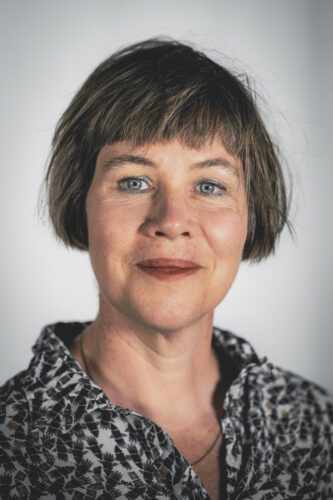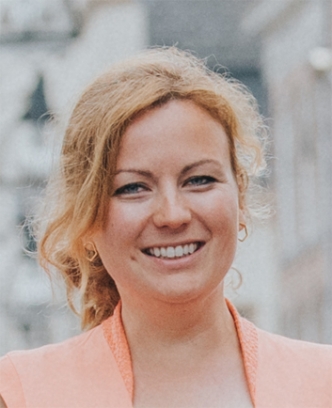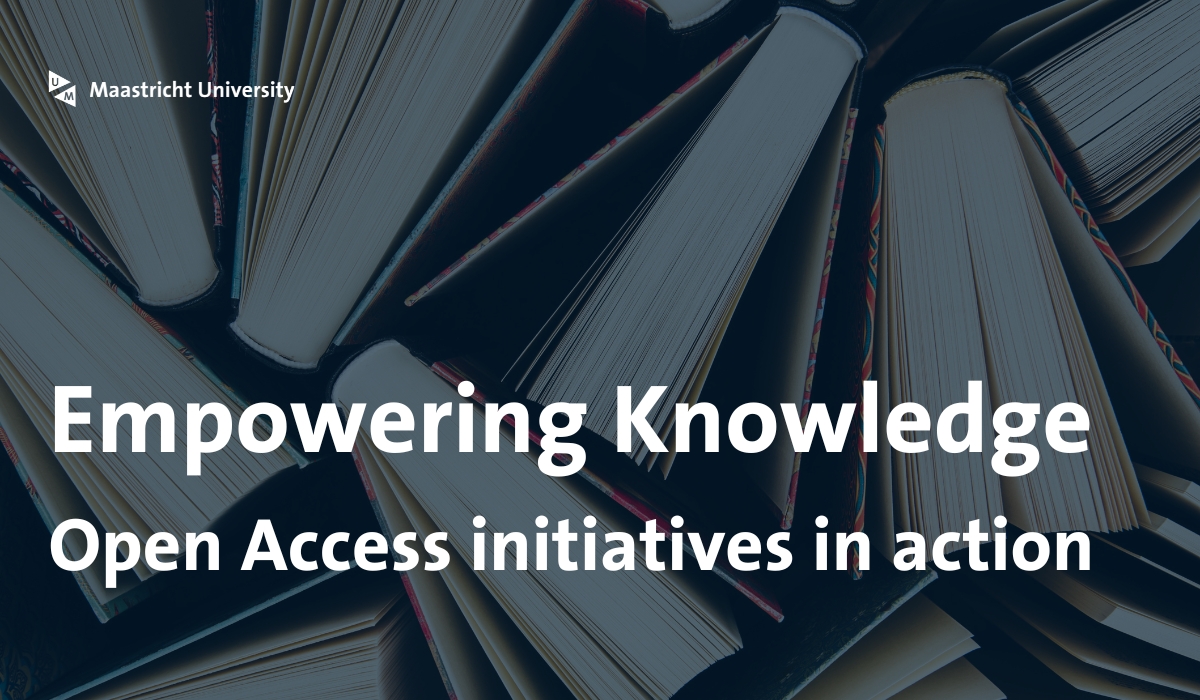UM’s Open Access Book Fund, launched in March 2022 to support UM authors in publishing monographs, edited volumes, or chapters, has made significant strides in advancing open-access initiatives.
In collaboration with Maastricht University faculties, the University Library is piloting support for open-access book publishing. This experimental initiative allows authors to seek funding to publish their monographs, edited volumes, or chapters, with the fund partly covering book processing charges (BPCs) or book chapter processing charges (CPCs) under specific conditions.
Notably, this endeavour not only supports authors financially but also provides an avenue to enhance the visibility and impact of their work.
“MOOCs and Problem-Based Learning: A Happy Marriage” – Daniëlle Verstegen A chapter in the edited volume titled “Massive Open Online Courses – Current Practice and Future Trends”. It reveals the unique intersection of domains within Massive Open Online Courses (MOOCs) and Problem-Based Learning (PBL).
A chapter in the edited volume titled “Massive Open Online Courses – Current Practice and Future Trends”. It reveals the unique intersection of domains within Massive Open Online Courses (MOOCs) and Problem-Based Learning (PBL).
Daniëlle expresses her enthusiasm:
Our research on the PBL MOOC was on the crossover of different domains. In the world of MOOCs, much research focuses on technology or completely different (in my view, old-fashioned) educational designs. In the world of PBL, turning to massive open online courses is not what most researchers intuitively turn to. Our PBL MOOC was unique; we had valuable experiences and results to share, but where? We found our space in an open-access book suitable for our open online MOOC. The INTECH contact person was very proactive and arranged all correspondence with the book editor and all the administration. Within three months, the chapter was reviewed, edited, and published.
The chapter, titled ‘MOOCs and Problem-Based Learning: A Happy Marriage?‘ is free, along with a recommendation for the entire book.
Verstegen, D., Spruijt, A., Fonteijn, H., & van Merriënboer, J. (2023). MOOCs and Problem-Based Learning: A happy marriage. In S. Goundar (Ed.). Massive Open Online Courses – Current Practice and Future Trends. London, UK: Intech Open. DOI: 10.5772/intechopen.1001472
“A Circular Built Environment in the Digital Age” – Nancy Bocken In the era of emerging digital innovations, the book “A Circular Built Environment in the Digital Age” delves into the transformative power of digital technologies such as BIM, AI, blockchain, material passports, and digital fabrication to explore their potential to shift the building industry from a linear economy to a circular economy.
In the era of emerging digital innovations, the book “A Circular Built Environment in the Digital Age” delves into the transformative power of digital technologies such as BIM, AI, blockchain, material passports, and digital fabrication to explore their potential to shift the building industry from a linear economy to a circular economy.
The book comprehensively explores these technologies, offering practical examples and insights from leading experts in digital transformation and circular economy with solutions to narrow, slow, close, and regenerate resource loops.
Nancy Bocken, co-editor of the book, emphasises:
Often treated as separate subjects, we wanted to bring together the circular economy and digital transformation to propose a ‘twin transition’ towards a circular digital built environment. Academic books can be expensive, making them less accessible to students and individuals without easy access to libraries or funds to purchase books. Thanks to open access, the book has been downloaded over 27,000 times in just one week—an impressive number! This way, knowledge can be more easily and quickly shared. Open access should be the future to advance knowledge more rapidly!
The book “A Circular Built Environment in the Digital Age” is available for download here and delves into practical examples and insights from leading experts.
De Wolf, C., Çetin, S. and Bocken, N. (2024) A Circular Built Environment in the Digital Age. Cham: Springer. DOI: 10.1007/978-3-031-39675-5
More information
If you are a Maastricht University researcher interested in publishing your book or monograph open access, consider applying for funding through the Maastricht University Open Access Book Fund.
The OA Book Fund focuses on reimbursing a substantial portion of the book processing charges paid to the publisher; the library also piloted the academic Open Access publishing house for Maastricht University, known as Maastricht University Press. The Press operates as a Diamond Open Access publisher, eliminating book processing charges for readers and authors.
Maastricht University Press welcomes and encourages submissions of book proposals, including monographs, edited volumes, textbooks, conference proceedings, and other academic publications. This initiative promotes educational and research excellence and extends the benefits of Open Access to learners globally.
If you have questions or remarks about this post or are interested in publishing with us, please get in touch with one of our Open Access publishing specialists, Ron Aardening or Michel Saive. Or submit a comment at the bottom of this post.


0 Comments